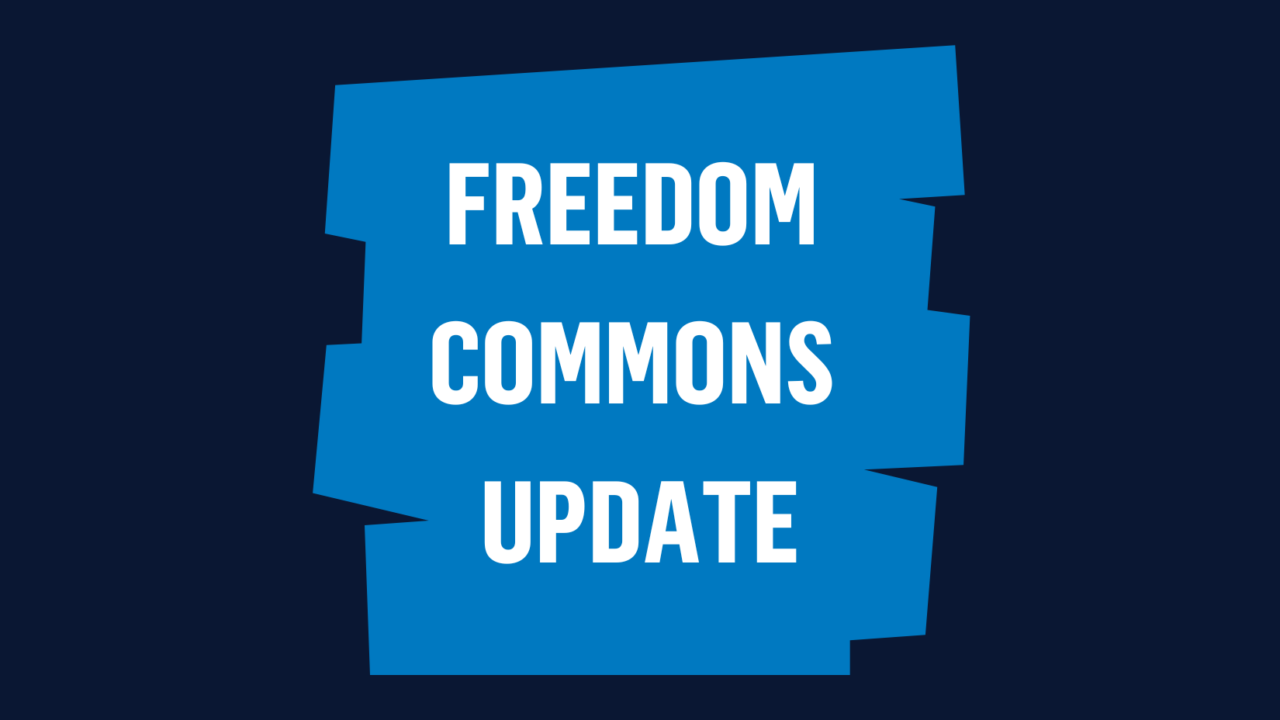Three Things I Learned From Campaign Failure

February 2015
Nobody around here likes to accept defeat. It’s partly how we’re wired—everyone I work with throws their body and soul into their work—but mostly because we know what a victory would have meant for the clients that IJM serves, and thousands like them.
For the past two years, our Government Relations and Advocacy team, with the unrelenting support of thousands of advocates around the country, has been pushing a small, but important bill called the Human Trafficking Prioritization Act. Without adding cost or bureaucracy, this bill would have elevated the priority of slavery within the U.S. State Department, simply by changing the name of the Office to Combat and Monitor Trafficking in Persons from an office to a bureau. Seems like not that big a deal, right? But it turns out it really is, because this small office is the nerve center of U.S. anti-trafficking efforts globally, and elevating its status would have meant turning up the volume of the voices of people living in slavery around the world—now estimated to number around 36 million.
The bill passed without a dissenting voice or vote in the House this summer, and we secured nearly 40 bi-partisan co-sponsors in the Senate. But this is an election year, which means far less time to get legislation passed. On top of that, this Congress has distinguished itself as one of the least productive in history. Just to put things in perspective, President Truman’s Congress is often referred to as the “Do Nothing Congress” because of how little legislation was actually accomplished. That Congress passed three times as many bills as the current (outgoing) 113th Congress. Sadly, our bill will die in the Senate.
As our team reflects on the past two years of work pushing this policy agenda forward—including hundreds of congressional meetings, thousands of phone calls, dozens of media hits, and lots of relationship building—I’ve come away with some heartache, but also with three lessons learned.
1. There is no substitute for a powerful and animated Congressional champion behind your bill.
It is excruciatingly difficult to pass legislation without a powerful, inside champion in Congress (and by extension, their committed, well-connected staff) who is making things happen behind the scenes. Hard to admit, but there are some things we just cannot do by ourselves. We worked with some of the most stalwart champions for slavery abolition in Congress on this bill, but those leaders had other priorities as well, and pushing through the stupor of this Congress would have taken a herculean effort.
2. IJM supporters are the absolute best.
We were a little reticent about trying to mobilize even IJM’s incredibly committed supporters around what seemed-even to us- like a pretty wonky bill. It wasn’t. IJM advocates are just absolutely committed to ending slavery, and trusted IJM to identify meaningful solutions. Over the last year and a half, advocates mobilized their communities around this campaign, attending hundreds of in-person congressional meetings, publishing dozens of Letters to the Editor, delivering tens of thousands of postcards to Congress.
3. This work will not have gone to waste.
I can give you two examples. First, there are specific improvements that the TIP Office has witnessed in the last two years, which these campaigning efforts played a role in bringing about:
a) The 2015 omnibus appropriations bill included a 24% increase in the TIP Office’s budget. Securing this kind of support during lean budget years is a victory in and of itself, and a huge expression of political support for the work that the TIP Office is doing.
b) The TIP office won on a number of high-profile “tier 3” rankings in the TIP report in the last two years, including Russia, China, and Thailand (a stalwart US ally). These “tier 3” rankings were well-deserved, but certainly don’t come without political consequences in terms of other U.S. diplomatic interests. This was a big win for the TIP report.
Second, all of the outreach that advocates did around the country to secure co-sponsors on the legislation raised the profile of the issue of slavery, and developed some real champions for slavery abolition in Congress. Students and top advocates in Tennessee brought the issue of modern-day slavery to Senator Bob Corker’s attention this year, and now he is poised to introduce a major piece of anti-trafficking legislation in the new Congress. (Stay tuned for more news on this!)